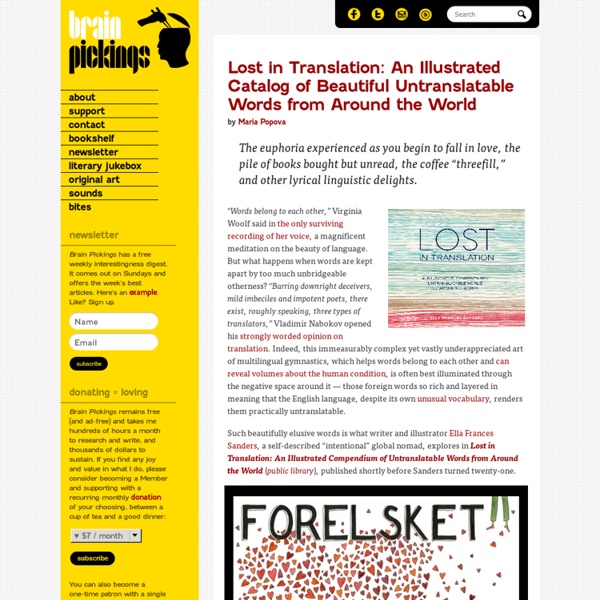The Best Domain Name Generator Ever: Impossibility!
Synonyms for words commonly used in student's writing
Amazing- incredible, unbelievable, improbable, fabulous, wonderful, fantastic, astonishing, astounding, extraordinary Anger- enrage, infuriate, arouse, nettle, exasperate, inflame, madden Angry- mad, furious, enraged, excited, wrathful, indignant, exasperated, aroused, inflamed Answer- reply, respond, retort, acknowledge Ask- question, inquire of, seek information from, put a question to, demand, request, expect, inquire, query, interrogate, examine, quiz Awful- dreadful, terrible, abominable, bad, poor, unpleasant Beautiful - pretty, lovely, handsome, attractive, gorgeous, dazzling, splendid, magnificent, comely, fair, ravishing, graceful, elegant, fine, exquisite, aesthetic, pleasing, shapely, delicate, stunning, glorious, heavenly, resplendent, radiant, glowing, blooming, sparkling Begin - start, open, launch, initiate, commence, inaugurate, originate Brave - courageous, fearless, dauntless, intrepid, plucky, daring, heroic, valorous, audacious, bold, gallant, valiant, doughty, mettlesome
Syllables, Scrabble Letters, and Picking Brand Names - Rich Barton | HopperandDropper.com
The Completely Ownable, “Made-Up” Consumer Brand Wins Long Term I wrote this as a private email in 2006 and just refreshed for the blog “Should we call our site something literal or should we make up a new word?” This is a question I often get asked by consumer product/service entrepreneurs. In light of Microsoft’s re-launch of Microsoft MSN Live Search as “Bing”, I thought it timely to re-fresh some old thoughts I’ve had about naming, words, and branding. It shouldn’t come as a surprise that I believe it is much more powerful long-term to make up a new word (e.g., Expedia, Zillow, or recently Glassdoor, 3 words that my teams have created) than it is to use a literal word (e.g., Travel.com, RealEstate.com, or Jobreviews.com). The siren’s song of a literal brand or a brand that is evolved from a literal word is hard to resist. Homonyms and Branding I know you have busily been thinking of counter-examples, so I’ll try to head off one of them at the pass: Homonyms. Acronyms and Branding
Tagxedo
Come nasce il naming dei prodotti
Intervista a Béatrice Ferrari – la massima esperta di naming in Italia. Consulente da anni per importanti brand nazionali e internazionali, ci svela qui alcuni segreti del suo lavoro. 1. Béatrice, perché è così importante il naming per un prodotto? Alcuni manager ritengono che tutto dipenda dall'investimento pubblicitario alle spalle. Lei cosa gli risponde? Il naming è fondamentale perché dura per sempre: non possono esserci ripensamenti, a meno di avere tanti soldi a disposizione. Inoltre, siamo in tempi di ottimizzazione di budget, e un buon nome consente di risparmiare su tante attività a seguito del lancio del prodotto. Tutto dipende dalla bontà della proposta commerciale e non dall’investimento pubblicitario. 2. Guardiamoci attorno prima di imbarcarci in strade senza uscita: da GOOGLE ad APPLE, dagli orologi HOOPS alla cancelleria LEGAMI o MOLESKINE, da SKYPE a VIRGIN o BLABLACAR: la maggior parte dei brand name di maggior successo non spiegano il prodotto. 3. Assolutamente no! 4. 5.
9 Foreign Terms More Awful Than Any English Profanity
The great thing about language is that it reveals so much about the speaker. Especially when we're talking about slang -- the fact that every gamer knows what "teabagging" is speaks volumes. That's why two times before we've come up with lists of foreign slang words the English language desperately needs -- some words you hear and think, "That could only have come from ____." But then there's the flip side -- some languages have words for concepts so weird or off-putting that we can thank the stars we don't have any use for them in everyday English. For example ... #9. Hill Street Studios/Blend Images/Getty Images Means: To slap something with your penis. In 2008, a Dutch dictionary company declared the winner of its esteemed "word of the year" competition was swaffelen, which means "to whip out your penis and hit something with it." Byelikova_Oksana/iStock/Getty ImagesIn fairness, we'd totally hit that too. There are rules, of course. #8. tab1962/iStock/Getty Images #7. #6. #5.
Chaotic Shiny - Writing and RPG-Related Generators
Graph words
VisuWords
Visuwords™ online graphical dictionary — Look up words to find their meanings and associations with other words and concepts. Produce diagrams reminiscent of a neural net. Learn how words associate. Enter words into the search box to look them up or double-click a node to expand the tree. It's a dictionary! Visuwords™ uses Princeton University’s WordNet, an opensource database built by University students and language researchers. The Visuwords™ Interface To use the applet you only need to type a word into the search query at the top of the page and press 'Enter'. You can zoom the model in and out by rolling the wheel on your mouse.



